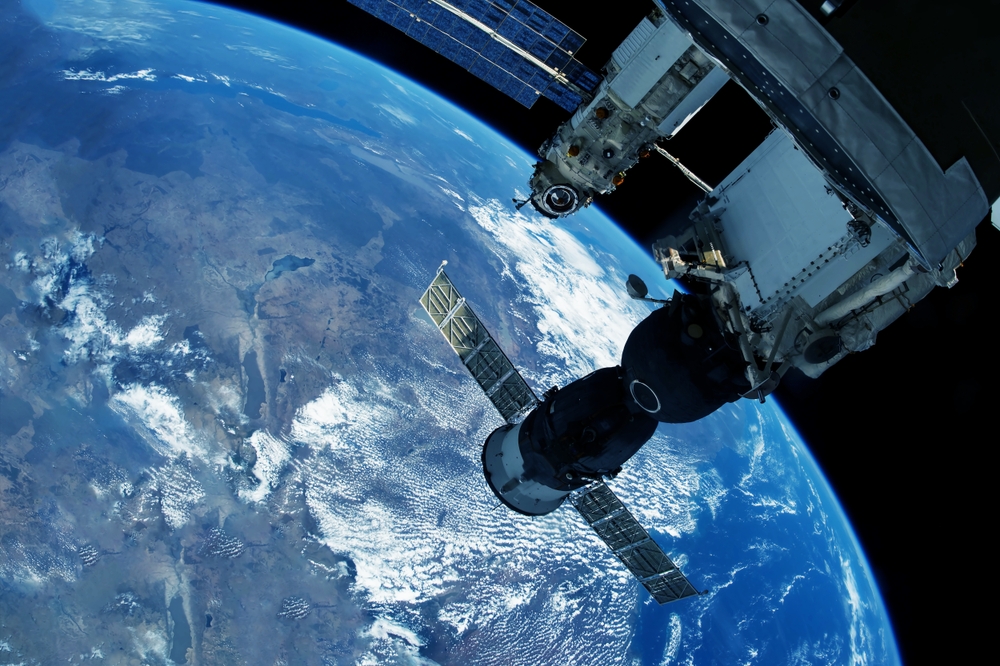A Russian spacecraft delivering supplies to the International Space Station caused concern when cosmonauts noticed a strange smell and liquid leak after docking.
Others are reading now
A Russian Progress MS-29 spacecraft successfully docked with the International Space Station (ISS) recently, delivering supplies to the Poisk module.
However, the Russian cosmonauts onboard quickly noticed an unusual smell and spotted small droplets of liquid after the spacecraft’s arrival.
Quick Action by the Crew
The crew immediately closed the hatch to the Poisk module and put on protective suits as a safety measure. NASA has not shared details about the smell or its source, but the incident led to air purification and testing using onboard sensors.
“After monitoring the situation, air purifiers and contamination sensors showed that the station’s air quality was normal the next day,” NASA said, according to WP Tech.
Also read
Later that same day, the hatch was reopened after safety checks. NASA suggested the smell likely came from gases leaking from materials in the pressurized cargo area of the spacecraft.
NASA confirmed that all other activities on the ISS continued without disruption.
Communication between Mission Control in Houston and the ISS confirmed that the crew wore protective suits as a precaution but resumed normal duties after ensuring safety.
The ISS has been orbiting Earth for over 25 years and remains the largest structure ever built in space. With its first modules launched in 1998, the station has housed a permanent crew since 2000.
However, the ISS is nearing the end of its mission.
NASA plans to keep the station operational until around 2030, after which private space companies are expected to take over tasks in low Earth orbit. Maintaining the ISS is costly, with annual expenses around $3 billion, half of which goes to maintenance.
Built with 16 main modules and a total mass of 408 tons, the ISS has become a symbol of international collaboration. Its solar panels make it visible from Earth as it moves across the sky.
Incidents like the one involving Progress MS-29 highlight the challenges of maintaining such an aging and complex structure as it approaches the end of its mission.


